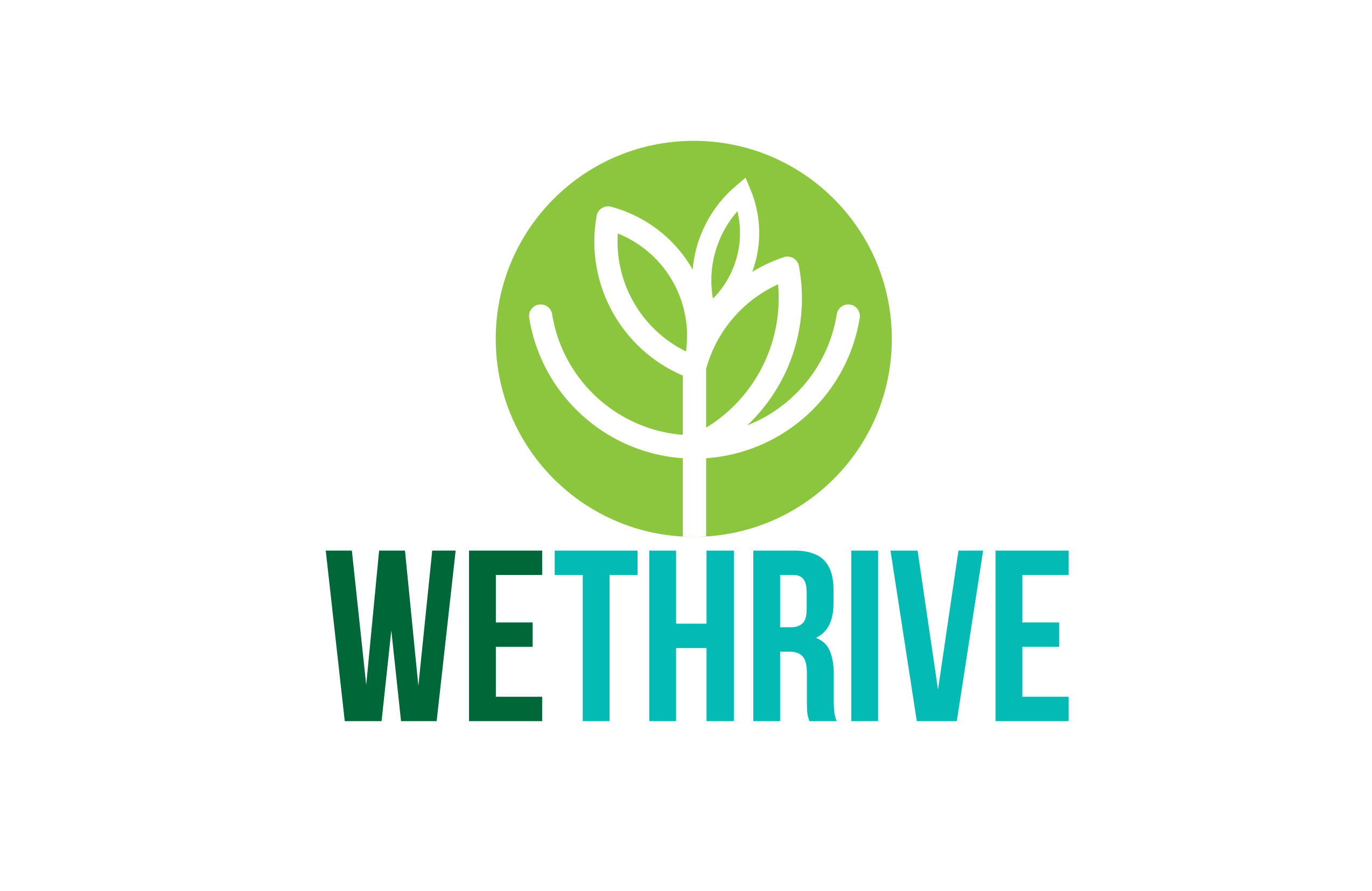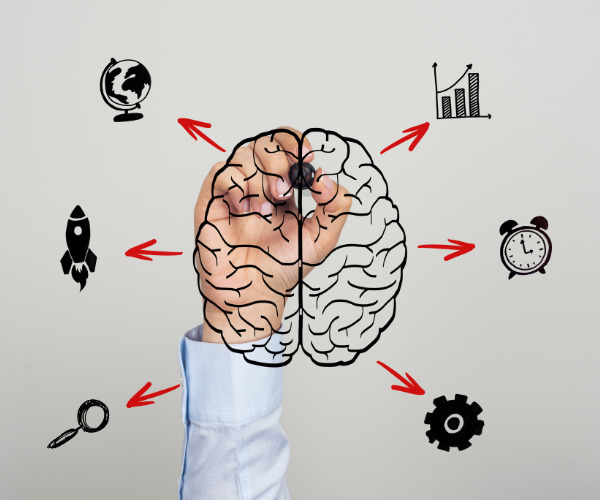Humans are social beings, and we are hardwired to connect. We intuitively scan our surroundings for cues of safety and danger. In order to survive, we observe, process, and respond to what is going on in our environment. Being aware of what makes our own nervous system responses, as well as those of others, kick in, can help us build healthier communities.
-Sofie Malm
I recently was involved in a difficult situation at work. The project lead had a lot of ideas that he wanted to implement without taking into consideration the amount of work and effort it would take to set these up. Apart from that, there were loose ends of the project that were not properly communicated leaving the team at a loss on how to navigate the completion of the project. I found myself very upset about this and instead of having a challenging conversation about how I felt about it, I made passive-aggressive comments and felt checked out about the whole project. Fortunately, one of our team members sensed the tension and encouraged us to take a deep breath in and out for a few minutes to practice mindfulness, to take things one task at a time, and offered support if anyone needed any.
Have you ever found yourself in a similar situation? Have you ever wondered why even though we know what we need to rationally do, we still end up doing the irrational one that could possibly hurt our relationships? Don’t fret because this is more normal than you thought and can be explained by how our brain circuitry works.
Our brain constantly scans for threats in our environment and this happens subconsciously or what we call neuroception. If it perceives a threat, our autonomic nervous system (ANS) gets activated and prepares our body (increases our heart rate, blood pressure, and breathing, and slows down digestion) to respond. According to the Polyvagal Theory (PVT) our body can respond in three ways. These are influenced by the evolutionary structures of the brain. The oldest structure, the reptilian brain, causes us to be immobilized. It’s when we tend to be frozen, numb, or shut down. The next structure or the mammalian brain moves us to mobilization. When this is activated, we feel the adrenaline rush that helps us either stay and fight or run away from the threat. The newest structure, or the neocortex, allows us to stay engaged, connected, safe, calm, and creative in the present moment.
Imagine these responses on a ladder with the immobilized state at the bottom rung and the engaged state at the highest rung. As we are presented with different experiences, we move up and down the ladder depending on how our brains interpret the situation at hand. Going back to our example, as more demands were given for the project that exceeded the resources available, I found myself moving up and down the mobilized and immobilized state unable to reach the socially engaged state.
At work, we are faced with different experiences such as an increase in work demand, unclear expectations, and implementation of new systems to name a few, which can be detected as a threat by our nervous system. These provoke different responses in individuals and can cause us to be emotionally dysregulated. This explains why some, me included, may respond in a manner that is not productive for the situation. If this is not managed, it can cause problems in the long run. It can impact productivity and even relationships in the workplace. What do we do now?
One pathway you can try is called co-regulation.
Co-regulation is the “interactive and dynamic process of mutual emotional regulation, where two individuals seek to help each other actively in order to manage their emotional expression and states.” This is made possible by our mirror neurons. Mirror neurons are specialized brain cells that help us recognize the emotional state of another person. When we embody calmness, our mirror neurons show this message to another person’s mirror neurons which brings them from a state of dysregulation to regulation.
In the workplace, whenever you feel that there you or your teammates are in the immobilized or fight or flight state, you can practice co-regulation by following the acronym HEAR. As an example, I included what our teammate said to practice co-regulation.
Hold space
When emotions are very high, we need to give ourselves and others an opportunity to step back, stop what we are doing, and hold space for the emotions that we are feeling. In this step, we want to avoid overidentifying and downplaying our emotions. It is a time to notice what we are feeling and where we are feeling it in our body. We want to pull ourselves in the present so that we can be attuned to our own and other’s emotions without judgement.
In this step, we can do grounding techniques such as a body scan and different breathing exercises. This can help us be aware of the physical and emotional warning signs of our body.
“Once you read this, I want everyone to breathe in and breathe out for a few minutes and practice a little bit of mindfulness. Close the tabs that are open if your windows are full.”
Empathize
Once we have calmed down, we can proceed to the next step which is to empathize. Empathizing can be shown through establishing eye contact to make a person feel seen or creating physical contact if possible. This can be as simple as sitting near the distressed person or just being with them in a video call. In this step, we should also take into consideration the level of comfortability of the person.
Apart from establishing contact, this is where we can express our observations about the behaviors that we were seeing and the tension we were feeling. It is also helpful to ask for feedback if what you were observing and sensing were correct.
“I know things have been very busy and tense for the past couple of weeks especially now that our tasks and projects are piling up.”
Actively Listen
When your teammates are giving feedback and expressing their emotions, thoughts, and concerns, practice active listening. Make sure that as you hear them out, there are no distractions present. To ensure that you understood them, try to use your own words to explain what they just shared. This gives them a signal that you are attuned to what they are feeling and saying. This gives them a sense of validation which increases their feelings of safety.
“I completely understand this and I appreciate you opening up to me. I also would love to comment this vulnerability. It’s been a very tough few weeks for everyone especially for your unit. I really understand where you are coming from. If I feel kept in the dark for tasks that I need to do, I would also feel the same way”
Reflect feelings and perspectives
As the team enters the socially engaged state, it is important to remind each and everyone that it’s normal to feel upset, that things at work may sometimes feel like a threat to us. What’s important is that we are able to notice when our emotional states and resulting behaviors are going against our own values and hurting our relationships and productivity in the process. When we notice, we are able to pull one another into a regulated state. After all, we are working towards a common goal.
After our teammate practiced HEAR, I felt safe and more comfortable to have the challenging conversation I was avoiding. I was able to express where the pain point was coming from, what values were being violated that caused me to be uneasy about the progress of the project. To date, we are working on fixing the pain points that we are facing and are more open in airing out similar concerns in upcoming projects.
We spend a third of our lives at work and spend at least eight hours a day, five times a week with our workmates. We can leverage our collective power to rewire our brains so that despite challenges, we are able to maintain a regulated state that can enhance not only our own productivity but also develop positive and meaningful relationships with our colleagues as well.
References:
- Counselling in Hamilton. (2019). The polyvagal “ladder” and how it can help you. Retrieved from: https://counsellinginhamilton.com/polyvagal-ladder/
- Kinne, J. (2022). Co-regulation. Retrieved from: https://www.theottoolbox.com/co-regulation/
- Leaf, C. (2022) How Co-Regulation Can Help Build Self-Regulation Skills. Retrieved from: https://www.linkedin.com/pulse/how-co-regulation-can-help-build-self-regulation-skills-leaf/
- Malm, S. (2021). Practicing co-regulation during Meetings. Retrieved from: https://www.sociocracyforall.org/co-regulation-during-meetings/
- McMaster, A. (2023). Brave Conversations and the Importance of a Regulated Nervous System. Retrieved from: https://www.linkedin.com/pulse/brave-conversations-importance-regulated-nervous-amy-andrews-mcmaster/
- Porges S. W. (2007). The polyvagal perspective. Biological psychology, 74(2), 116–143. https://doi.org/10.1016/j.biopsycho.2006.06.009
- Rogers, S. (2021) Individual & Organizational Development: Self-Regulation and Coregulation in the Workplace. Retrieved from: https://www.iod.com.au/self-regulation-and-coregulation-in-the-workplace/








